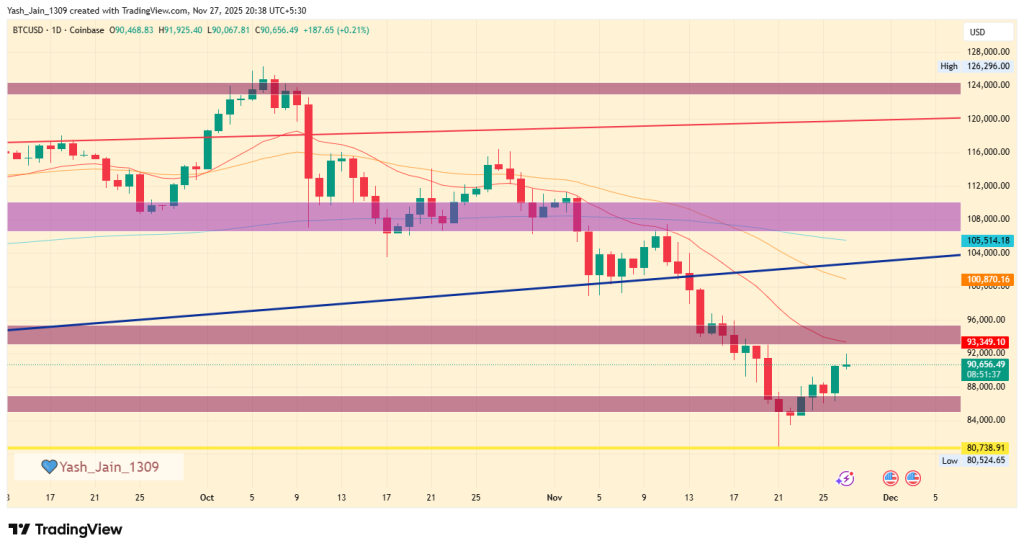Europe Fast-Tracks Digital Euro as US Stablecoin Law Raises Global Stakes
European policymakers are accelerating work on the digital euro after Washington’s landmark stablecoin legislation heightened fears of eroding the euro’s global influence.
European policymakers are accelerating work on the digital euro after Washington’s landmark stablecoin legislation heightened fears of eroding the euro’s global influence.
Momentum in Brussels picked up after President Donald Trump signed the Guiding and Establishing National Innovation for US Stablecoins Act (Genius Act) in July, according to people familiar with the talks cited by the Financial Times. The law creates the first comprehensive regulatory framework for the $288 billion stablecoin market, mandating full reserve backing, licensing, and strict reporting requirements for dollar-pegged issuers.
Supporters of the US framework argue it delivers consumer protection without stifling innovation. In Europe, however, the move has triggered concern that dollar-backed stablecoins could dominate cross-border payments, widening the gap between the greenback and the single currency in global trade.
EU speeds up plans for digital euro after US passes stablecoin law
— Financial Times (@FT) August 22, 2025
In response, EU officials are reassessing the design of the digital euro. Early blueprints envisioned a closed ledger run by the European Central Bank. Now, policymakers are debating whether the project should instead operate on a public blockchain such as Ethereum or Solana, potentially expanding the euro’s reach beyond the bloc.
Advocates say an open blockchain would enhance the euro’s utility in global markets. Critics counter that it risks exposing transactions to surveillance and undermining Europe’s privacy-focused regulatory stance.
The choice has geopolitical weight. A centralized ECB system would echo China’s tightly controlled digital yuan, while a blockchain-based euro would move closer to the market-driven model gaining ground in the US.
Officials concede that Washington’s decisive move has injected fresh urgency into Europe’s digital currency timeline, with both options now under active consideration.
Meanwhile, in Washington, US Treasury Secretary Scott Bessent sought to calm markets after remarks on Bitcoin holdings spurred a sell-off. In a post on X, Bessent reaffirmed the Treasury’s commitment to “budget-neutral pathways” for building a Strategic Bitcoin Reserve, underscoring the administration’s goal of making the US a leader in digital assets .
Disclaimer: The content of this article solely reflects the author's opinion and does not represent the platform in any capacity. This article is not intended to serve as a reference for making investment decisions.
You may also like
KAS Price Jumps 66%: Can Momentum Push Kaspa Toward December’s Bigger Targets?

VIRTUAL Price Jumps 17% as Falling Wedge Breakout Signals December Upside

Pi Network News: Can the CiDi Games Partnership Push Pi Beyond $1?
Charles Hoskinson Reveals When Altcoins Like ADA, XRP and ETH Will Hit New All-Time Highs
